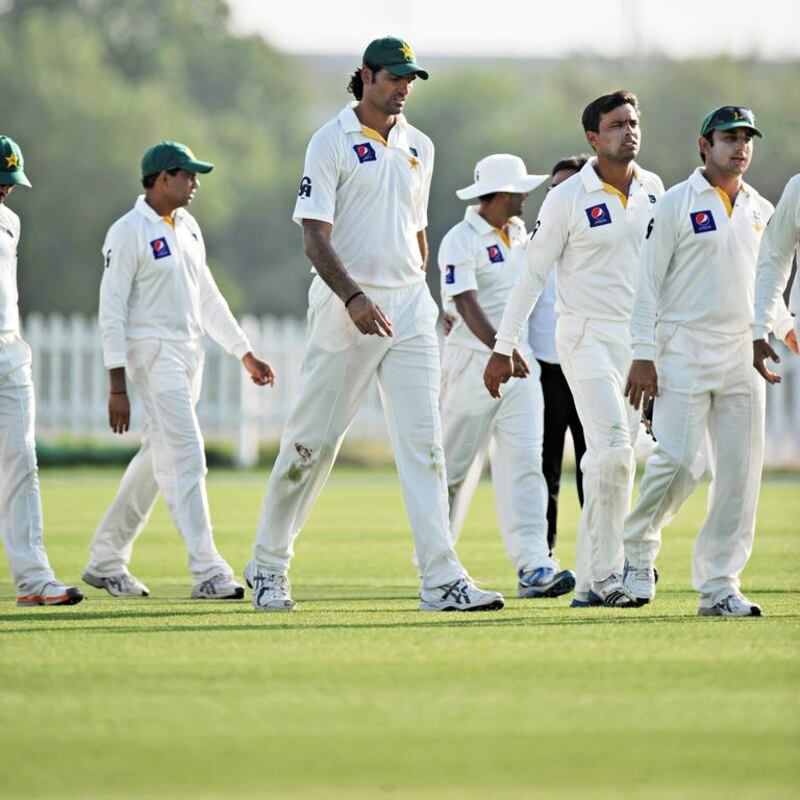ABU DHABI // The International Cricket Council (ICC) has launched its World Test Championship, designed, the governing body says, to preserve the longest format of the game and give more context to two-team series.
The four top-ranked Test sides according to the ICC rankings on December 31, 2016, will play in a yet-to-be-decided format in England in May 2017 to decide a world Test champion. Total prize money of US$10 million (Dh36.7m) will be at stake.
“One of the objectives of the ICC World Test Championship is to preserve the primacy of Test cricket and the future of all forms of the game,” the ICC’s chief executive, David Richardson, said at the launch in Abu Dhabi yesterday. “It will add new meaning and context to bilateral series.”
The championship is an idea the ICC has tried to bring to life for some time, and though it has broad acceptability among the full members, concerns remain over how feasible a prospect it is given the structure of international cricket.
The cricket calendar – the Future Tours Programme (FTP) – is essentially a series of bilateral agreements between Test sides, who decide when and how often they play each other.
There is no uniformity to it and lately it has become apparent that the world’s three leading sides – India, England and Australia – are happy to play each other more often than others, because these are the series that generate the most revenue.
The implications are clear: It will produce a lopsided look to the qualification period in which those three sides, for example, will have played many more Tests than any other side. The ICC has little control over the FTP, though it has recently prescribed a minimum of four Tests a year for every country. In a four-year cycle, they expect each side to have played at least one bilateral series against every other full member, home and away.
In practise, that does not happen and the FTP, as the recent impasse between India and South Africa shows, is left open to sudden, individual manipulation. India and Pakistan, as another example, are not currently playing Tests against each other. Bangladesh have never toured India.
“The FTP needs to be for the sake of everybody,” Richardson said. “If countries want to generate the commercial revenues they are hoping to generate, there needs to be certainty around the FTP. Hopefully going forward, we will be able to achieve that. That means agreeing to a schedule, putting it into place and sticking to it. There needs to be a settled programme, a certain programme.”
The Test Championship already comes with baggage. It was meant to actually culminate this year in May, but two years ago, the ICC’s broadcasters ESPN Star Sports scuttled the plans because they did not see it as a financially viable event. They instead pushed for a continuation of the limited-overs Champions Trophy, which has taken place for the last time.
osamiuddin@thenational.ae





